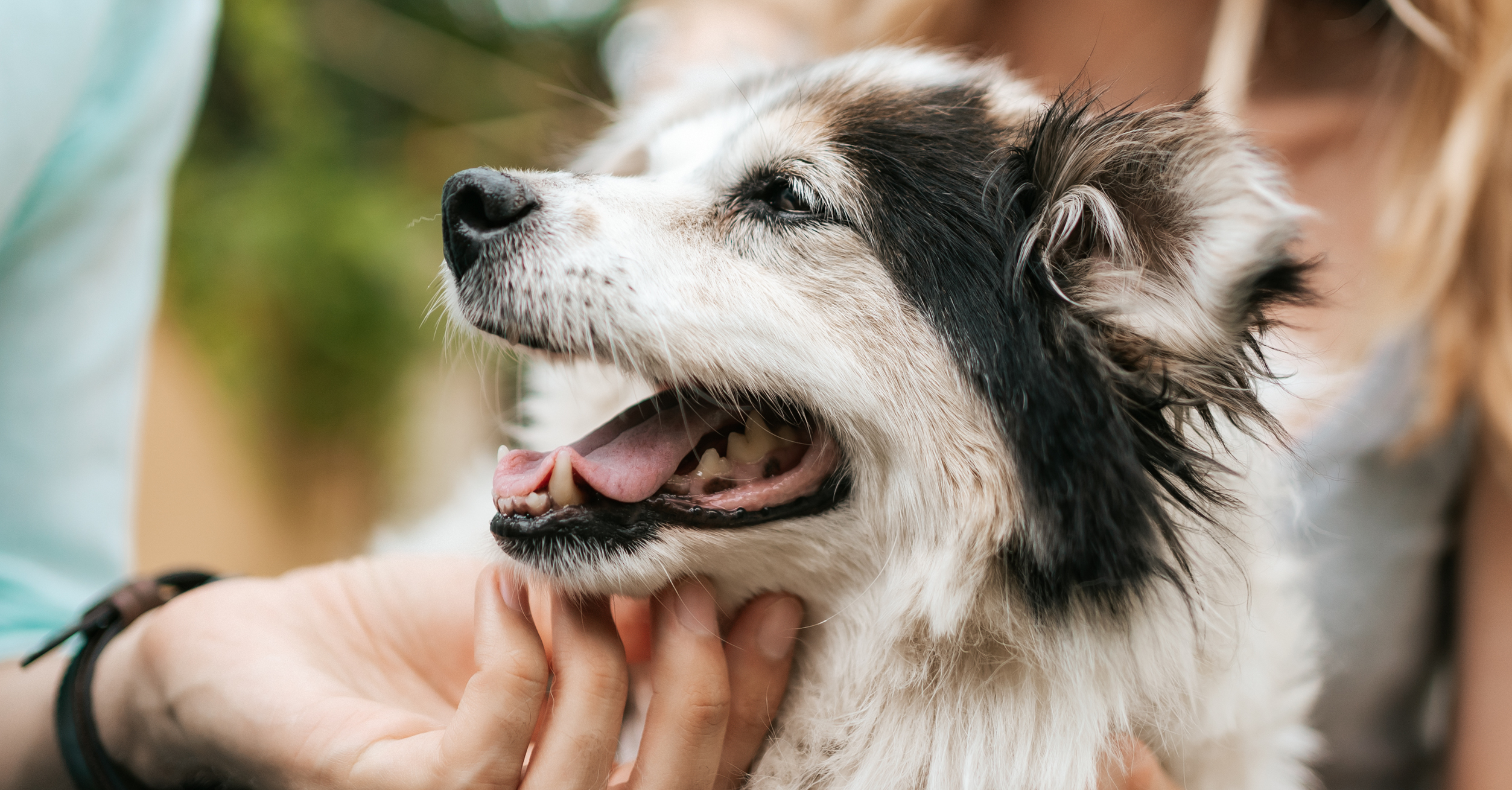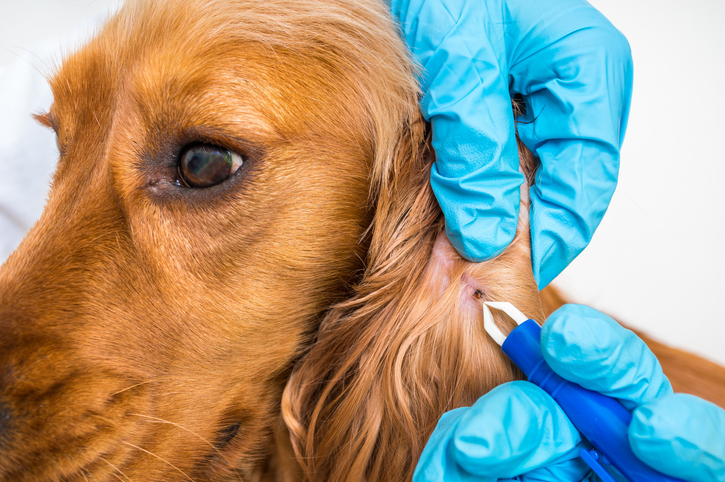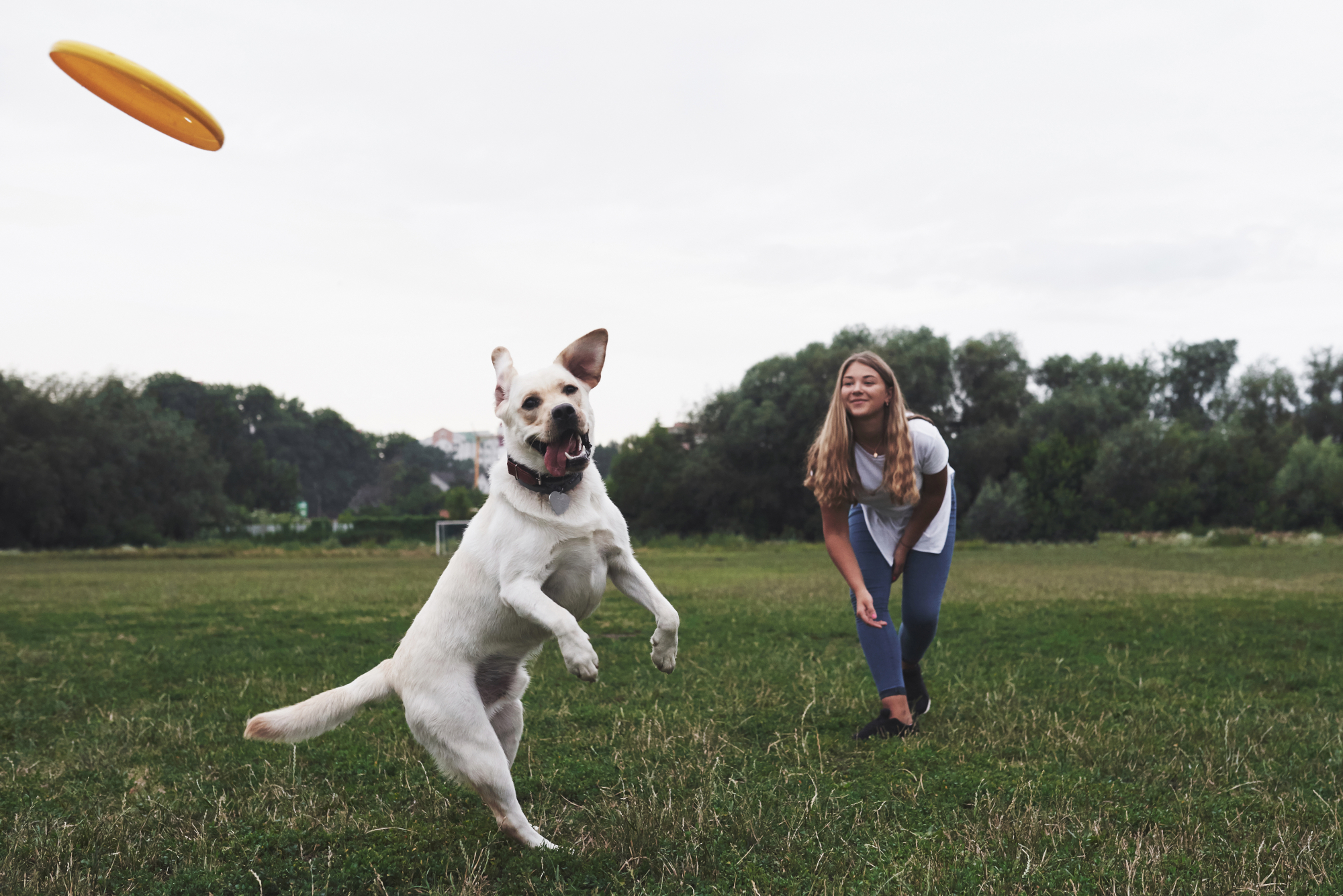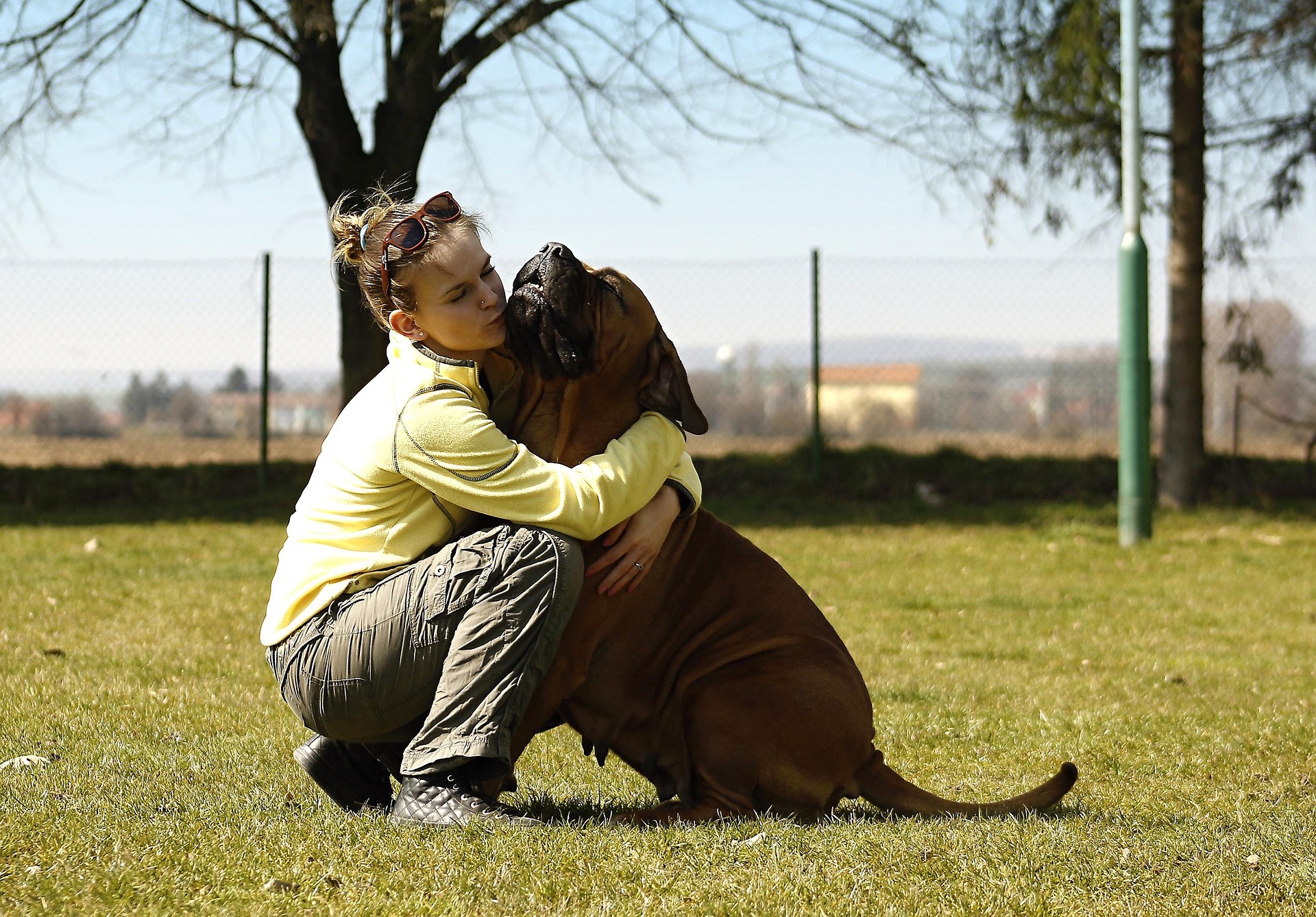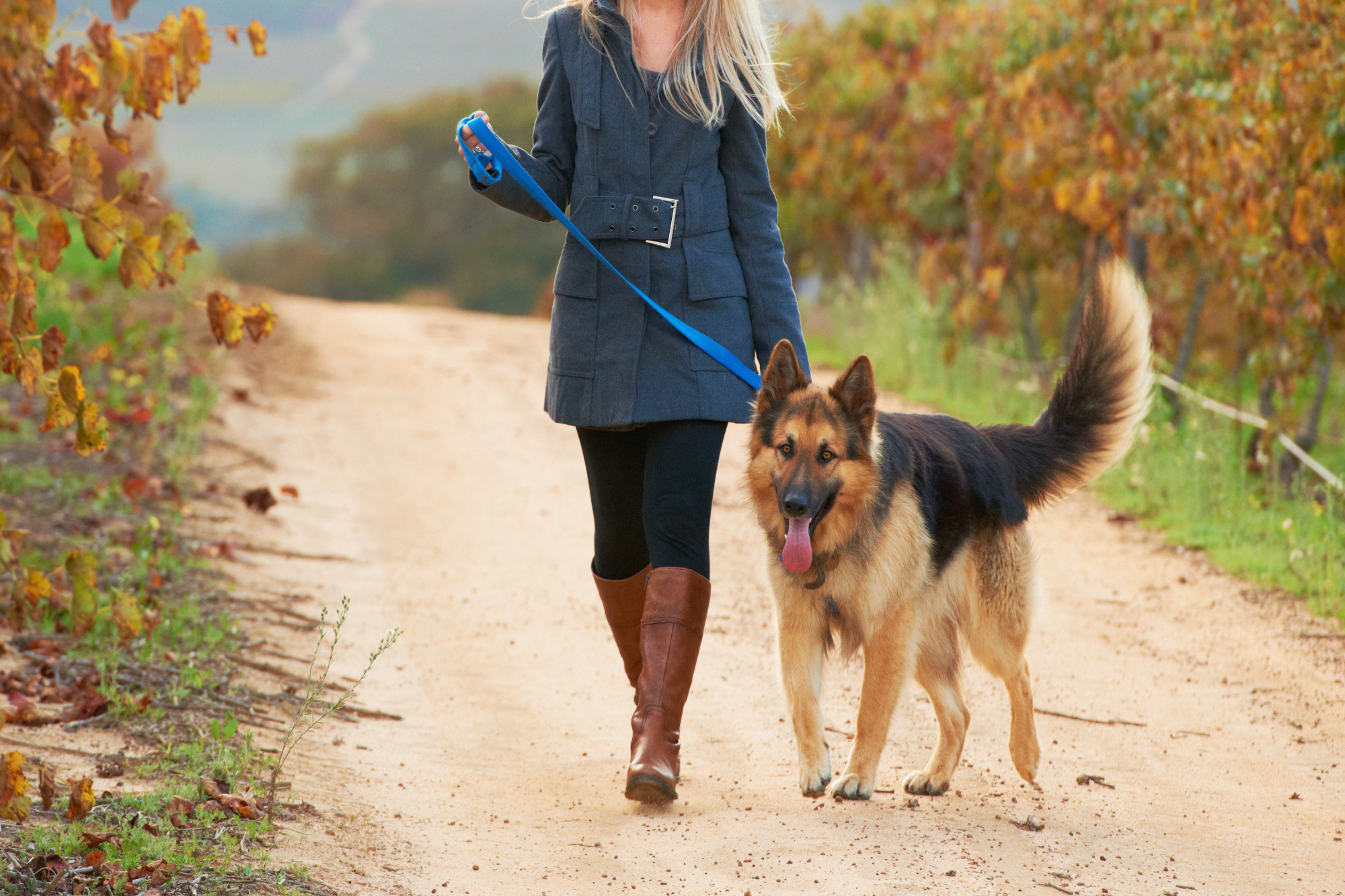Just like humans, pets age and change their life stages as time goes on. Cats, dogs, and even rabbits can face many similar or identical health concerns that humans do as they age, from hearing or vision loss to arthritis. Despite this, pets tend to faithfully stay by their owner’s side and continue to carry most of their typical personality. It’s not uncommon for older dogs to play themselves to the point of total exhaustion simply out of love for their owner and a sense of fun.
However, age comes for all animals, and certain subtle aging changes in appearance and disposition are inevitable. Understanding what to expect from an aging pet and embracing them at their current ability level is a critical part of pet ownership. It’s just as important as welcoming a new puppy or kitten into the home.
In this article, we’ll go over everything you need to know about aging in pets, and how best to accommodate your beloved pet as they get older.
When is a Pet Considered ‘Old Age’?
When it comes to cats and dogs, most breeds are considered ‘old age’ around 7-10 years old. However, the actual physical effects of aging can appear much later or earlier depending on countless factors, including:
- Breed
- Size
- Diet
- Overall ‘wear and tear’ on the body
- Medical history
- And more
Although it’s true that you know your pet better than anyone, the effects of aging tend to be so gradual that they can be hard to notice at all. Add to this the fact that most pets have an instinct and a talent for hiding pain and sickness, and it’s easy to see why pet owners sometimes fail to notice these effects at first.
Common Signs of Aging and How to Help
This is why it’s important to understand common signs of aging and be on the lookout for them proactively, ensuring your pet promptly gets the care they need. Here are 5 signs of aging you may notice in your pet, and how to better support them:
1. Fatigue After Big Adventures
For dog owners, you’ll know that even senior dogs are often up for a fun day outside. The excitement will often turn into energy on the day of, and your dog may seem enthusiastic and perfectly able. However, pay attention to how they’re doing in the day or two after a big day. Dogs that are dealing with the effects of aging might seem especially stiff and uncomfortable afterwards, indicating that you might want to tone down future outings and ensure your dog isn’t overexerting themselves too much.
Though this sign of aging is harder to see in animals like cats, you should still keep an eye on their energy levels for signs of change. Lethargy and low energy are often signs of physical health concerns in older cats, so try to keep an eye on their daily activity and note anything out of the ordinary.
2. Reluctance to do Typical Activities
Whether it’s your dog hesitating to run for the ball or a cat thinking twice before jumping on a chair, reluctance to perform physical actions is often a sign of pain, stiffness, or lack of mobility. This problem is often caused by joint pain from arthritis, though other conditions are sometimes to blame as well. If you notice this behaviour in your pet, you can make life a little easier by keeping their food, water, litter, sleeping area, etc. on the same level, eliminating the need for stairs if your pet isn’t feeling up to it.
3. Slower or More Laborious Movement
Overall, you should pay attention to any changes in the way your pet moves as they age. Is your usually-quick dog now lagging behind on longer walks? Is your cat favouring one side while walking? These behaviours can often be a sign of pain, lack of flexibility, or issues with energy levels in older pets. We recommend adjusting your usual activities to suit your pet’s ability. Slow down on walks, shorten your routes, and make sure your home has easy access for your pet to get around.
4. Irritation or Sensitivity to Touch
Pets will sometimes act uncharacteristically irritated or sensitive to physical touch as a result of chronic pain from arthritis, which is a common problem in senior pets. Bear in mind that your pet isn’t necessarily in pain because they don’t want to be pet—sometimes they’re simply not in the mood. However, if you notice unusually strong reactions to touch, particularly near the spine and hips, you should pay attention. Avoid touching your pet in ways that make them uncomfortable, and consult a veterinarian for medical support.
5. Toilet Troubles
It’s very common for older pets to have a more difficult time regulating their waste processes. This typically comes in tandem with a slowing down of the metabolic and immune systems, though these effects are harder to observe. If your usually well-behaved senior pet suddenly starts relieving themselves on floors, furniture, or clothing, it is likely a sign of aging. You may need to take your dog out for much more frequent bathroom breaks to counteract this. For cats, replacing their litter box with something easier to get in and out of (along with keeping it in a convenient location) can help with this issue.
Other Tips for Supporting Senior Pets
As you can see, the most common signs of pet aging can be tough to recognize at first. But once you know what to look for, you can more easily support their needs and help your pet feel as comfortable as possible. There are also a few general tips to ensure your aging pet can feel their best.
- Consider the Weather. Hot and cold weather can take an especially hard toll on senior pets since their temperature regulation isn’t as strong as a younger animal. On hot days, consider bathing your dog, putting ice in your pet’s water bowl, and ensuring you provide a cool, shady spot. On cold days, make sure there’s a cozy, warm spot in the home for your pet to relax.
- Switch to a Senior Diet. When your pet reaches the standard ‘old age’ benchmark, your veterinarian will likely recommend a new food formula designed to better support their needs. However, remember that it’s not recommended to switch to any specialized diet without guidance from a veterinarian.
- Groom Regularly. Regular grooming will help protect your pet from matting, poor circulation, and infection that can come from poor hygiene. The same goes for nails, which can become weakened and potentially lead to painful injuries. Your vet can give you pointers on a good grooming routine for your pet.
- Practice Good Dental Care. Cats and dogs alike should be receiving consistent dental care to protect their teeth and overall health. This includes regular teeth brushing and may also entail special dental treats at the recommendation of your veterinarian.
- Exercise Without Overdoing It. As with younger pets, senior animals need exercise to stay as healthy as possible. However, it’s important to manage play time and other exertion to prevent overheating and to ensure your pet doesn’t exhaust themselves.
Keeping Your Aging Pet Healthy and Comfortable
No matter their age, your pet is a beloved member of the family that deserves to age with comfort, grace, and dignity. With the right knowledge and resources, keeping a senior pet comfortable in their latter years is not only achievable but essential. Our pets provide us with a lifetime’s worth of love and dedication—returning the favour as they age is the least we can do.
Pets’ needs are ever-changing, and they depend on us to keep them healthy and comfortable. Give your pet lots of attention and affection, and embrace the fact that aging is a natural part of life. It is important to help maintain their independence and dignity in their senior years.
Certain illnesses may occur without obvious change in a pet during old age and are easily dealt with—provided they’re diagnosed early. It is recommended to have every senior pet examined by a veterinarian at least annually. If your senior pet hasn’t been to a vet for a year, it may be time to get professional advice on how best your companion can be taken care of.
Creative Commons Attribution: Permission is granted to repost this article in its entirety with credit to Hastings Veterinary Hospital and a clickable link back to this page.

